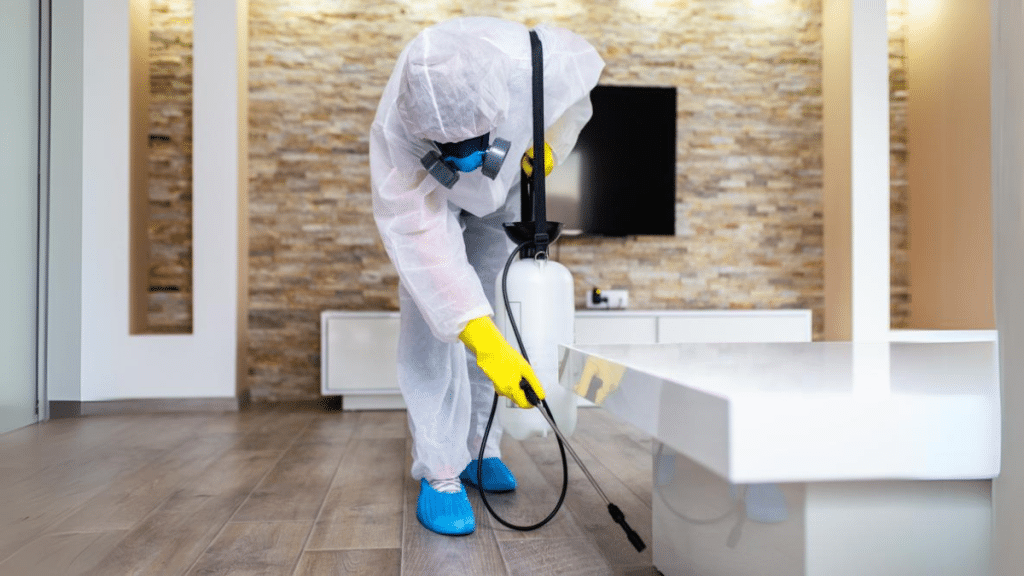Managing pests in urban areas can be challenging, given the dense living conditions and the variety of environments that can harbor both pests and the conditions in which they thrive. This article explores several strategies for effective pest management in city settings that help you maintain a safe and comfortable home.
Understanding Common Urban Pests
Insects and Rodents
Urban areas are common battlegrounds against pests like cockroaches, ants, rats, and mice. These creatures seek shelter, food, and water — all plentiful in city environments.
Seasonal Pests
Different pests may emerge based on the season. For example, mosquitoes are prevalent in wet seasons, while rodents seek shelter during cooler months.
Strategic Approaches to Pest Control
Effective pest management in urban environments involves preventive measures and targeted extermination when necessary.
Prevention Is Key
- Regular Cleaning: Regularly sweep and vacuum to remove food particles and clutter where pests can hide.
- Seal Entry Points: Fill cracks and holes in walls, especially where pipes and wires enter buildings.
- Proper Waste Management: Secure trash bins with tight-fitting lids to discourage scavengers like rats and raccoons.
When Intervention Is Necessary
Sometimes, despite preventive measures, professional intervention may be required to manage an infestation effectively. This is especially true for persistent pests like bed bugs or when dealing with larger infestations.
Choosing the Right Pest Control Service
Factors to Consider
- Reputation and Reviews: Look for services with positive feedback from previous customers.
- Certification and Licensing: Ensure the service is properly licensed and staff uses safe, approved methods.
- Pest Control Strategies: Consider companies that use integrated pest management (IPM) approaches, which combine chemical and non-chemical treatments.
One reliable service in this area is pest control Las Vegas, known for their effective and environmentally-friendly approaches.
DIY Pest Control Tips
For those who prefer handling minor pest issues themselves, here are practical tips that can be employed easily.
- Natural Remediets: Use natural solutions like vinegar or baking soda for ants or fruit flies.
- Traps and Baits: Use traps for mice and rats. Ensure these are placed out of reach of children and pets.
- Regular Inspection: Periodically check hidden areas like basements, attics, and behind cabinets for signs of pests.
When to Call a Professional
Despite the best preventive measures and DIY efforts, some pest infestations can become severe enough to require professional help.
Signs of Severe Infestation
- Persistent Presence: Seeing daily signs of pests despite regular cleaning and DIY treatments.
- Damage to Property: Noticeable damage to your home’s structure like gnawed wires or pipes.
- Health Concerns: Increase in allergies or respiratory issues maybe due to pests like dust mites or cockroach droppings.
Professionals can assess the situation accurately and deploy measures that are often more effective and quicker in resolving the issues.
Wrapping Up Thoughts
Effective pest control in urban environments requires balancing preventive measures with the right interventions when necessary. While regular cleaning and maintenance form the first line of defense against pests, professional services may be required for more severe or stubborn infestations. Remember, the key to effective pest management is not just handling existing pests but preventing future infestations through careful planning and regular upkeep.
For more serious problems, reaching out to established experts in pest control can ensure that your home remains safe and pest-free.
